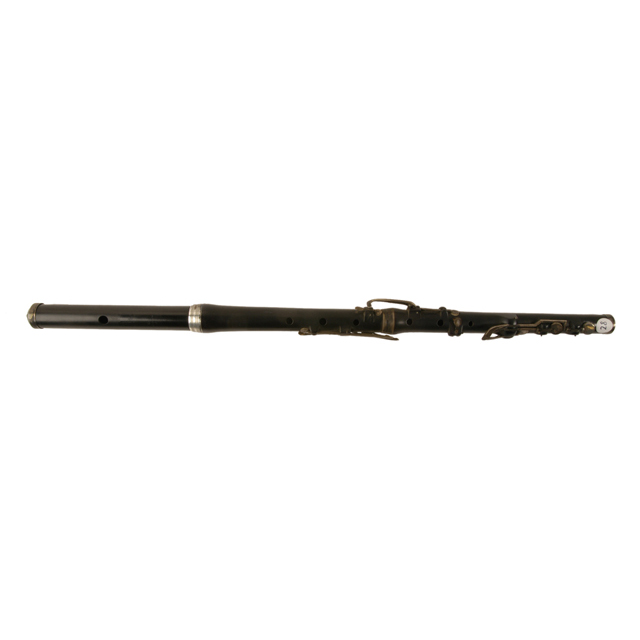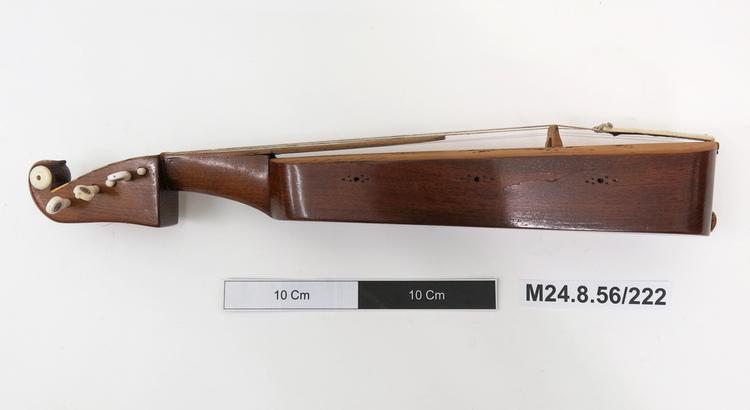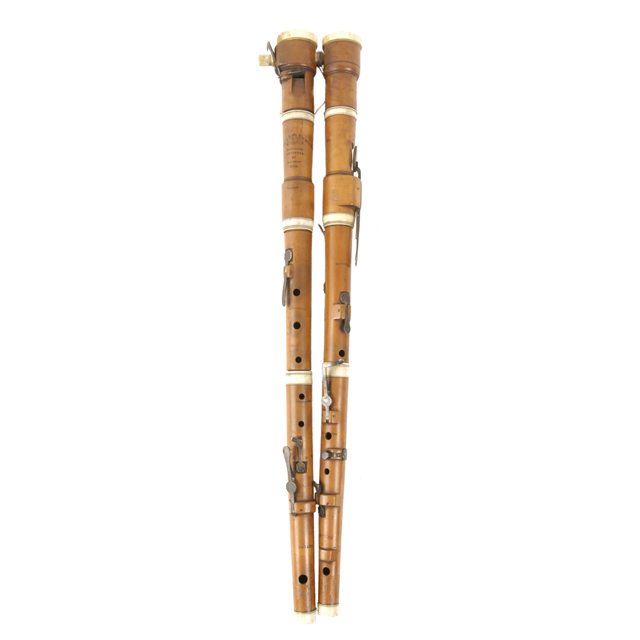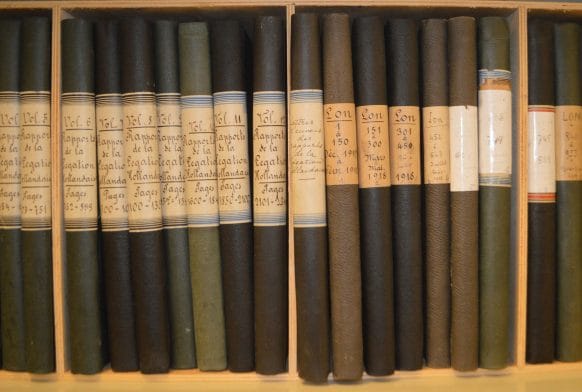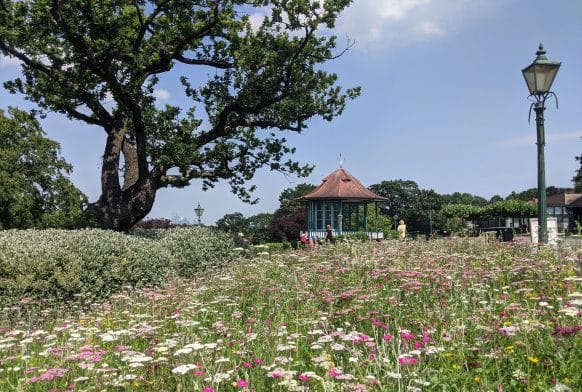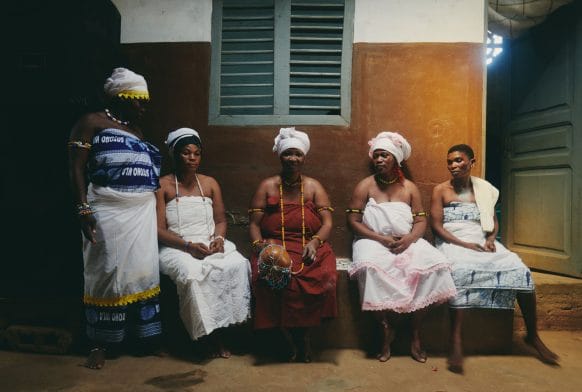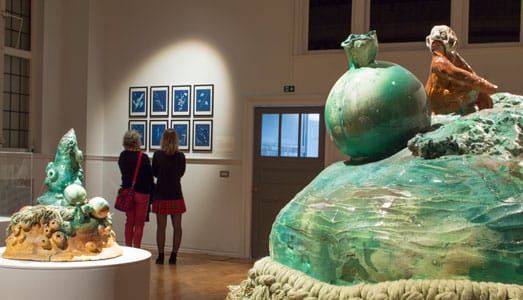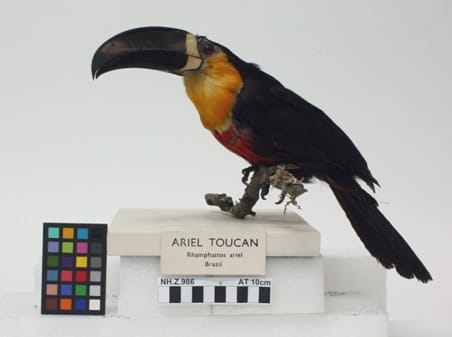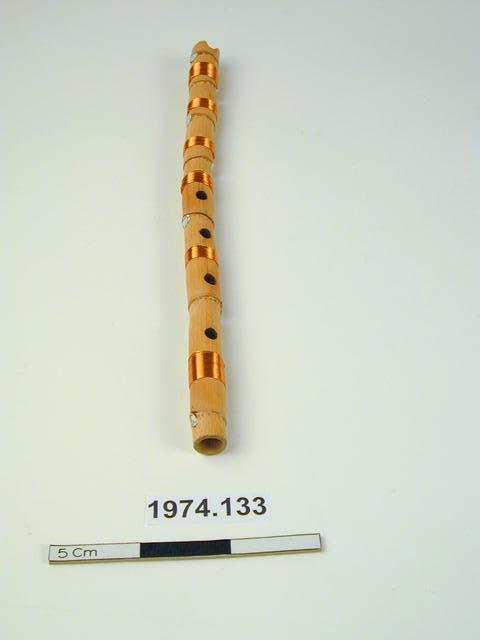
Ndere, endere end blown notched flute. The tube is a reed stem (probably species Phragmites mauretanicus) with seven oblique nodes, all of which are opened. There is a slight inward taper towards the distal end. The four fingerholes are burnt through. A rounded v-shaped notch is cut into the front of the upper rim. Six bands of copper wire are bound round the tube between each node. Four holes in the sides of the pipe have been plugged with paper backed metal foil.
The ndere (plural: endere) is a notch flute played by the Ganda and Soga people of Southern Uganda. The fingerholes are positioned to give a pentatonic scale (counting upwards, the first, second, third, fifth and sixth notes of a European major scale), which corresponds with the notes used in Ganda and Soga songs, the basis of the endere's repertoire. The instrument is used in a variety of contexts. The Kabaka king's flute band (abalere) played on a consort of 6 different sized endere with a singer playing a long drum engalabi and accompanied by three or four other drums. Such flutes also form part of the mixed ensemble once popular at events such as wedding parties, consisting of one or more Iyres, a flute, one or more fiddles and drums. Wrestling matches are an important part of Ganda culture, and endere groups are often employed to lead the singing of the supporters of rival teams.




